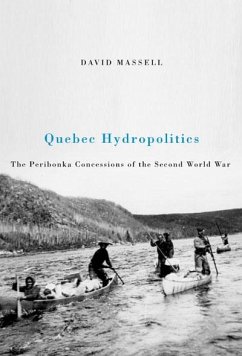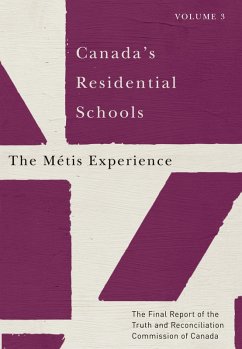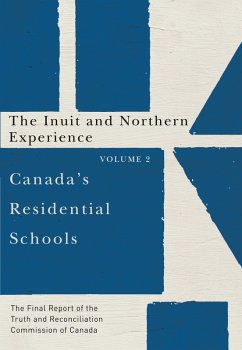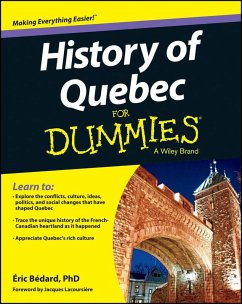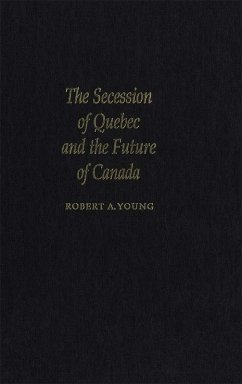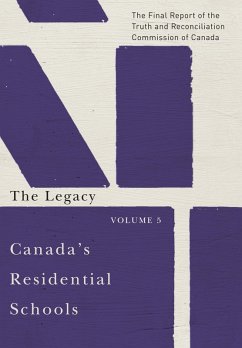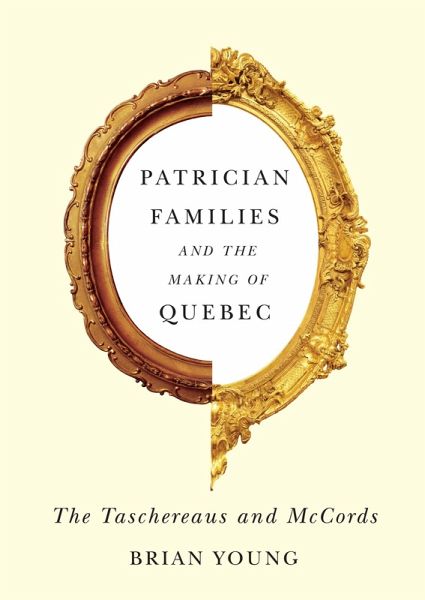
Patrician Families and the Making of Quebec (eBook, PDF)
The Taschereaus and McCords

PAYBACK Punkte
12 °P sammeln!
History has often ignored the influence in modern Quebec of family dynasties, patriarchy, seigneurial land, and traditional institutions. Following the ascent of four generations from two families through eighteenth-century New France to the onset of the First World War, Patrician Families and the Making of Quebec compares the French Catholic Taschereaus and the Anglican and English-speaking McCords. Consulting private, institutional, and legal archives, Brian Young studies eight family patriarchs. Working as merchants or colonial administrators in the first generation, they became seigneurial...
History has often ignored the influence in modern Quebec of family dynasties, patriarchy, seigneurial land, and traditional institutions. Following the ascent of four generations from two families through eighteenth-century New France to the onset of the First World War, Patrician Families and the Making of Quebec compares the French Catholic Taschereaus and the Anglican and English-speaking McCords. Consulting private, institutional, and legal archives, Brian Young studies eight family patriarchs. Working as merchants or colonial administrators in the first generation, they became seigneurial proprietors, officeholders, and prelates. The heads of both families used marriage arrangements, land stewardship, and judgeships to position their heirs. Young shows how patriarchy was a central force in both domestic and public life, as well as the ways in which Taschereau and McCord family strategies extended into the marrow of Quebec society through moral authority, influence on national identities, and their positions within senior offices in religious, judicial, and university institutions. Through courthouses, cemeteries, belfries, and their own chapels and neoclassical estates, they created encompassing cultural landscapes. Later generations used museums, archives, historian collaborators, photography, and modern print to elevate family achievement to the status of heroic national narratives. Sagas of the monied and entrepreneurial, nationalist imperatives to protect a vulnerable people, and skepticism about the lasting power of great families and historical institutions have relegated the influence of the Taschereaus and McCords to obscurity. Patrician Families and the Making of Quebec resuscitates the central role these elite families played in English and French Quebec.
Dieser Download kann aus rechtlichen Gründen nur mit Rechnungsadresse in A, B, BG, CY, CZ, D, DK, EW, E, FIN, F, GR, HR, H, IRL, I, LT, L, LR, M, NL, PL, P, R, S, SLO, SK ausgeliefert werden.




